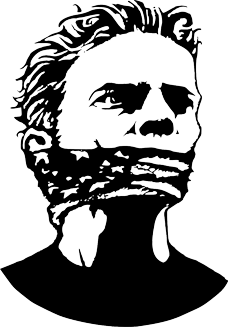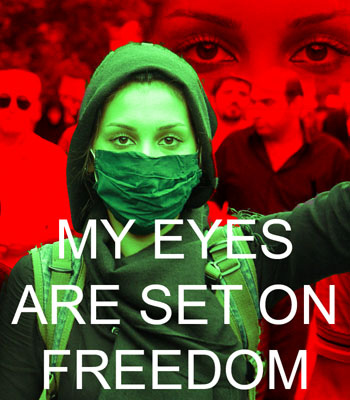2016-12-18 10:36:55 | |
If I were another on the road, I wouldn't have By creating special observance days, the United Nations tries to promote international awareness and action on specific issues. Thus 6 February is International Day of Zero Tolerance to Female Genital Mutilation and 20 March is International Day of Happiness. 2 May highlights an issue we do not think about often: World Tuna Day. 18 December has been designated as the International Migrants Day, but even without a special day, migrants and refugees have become world-wide issues leading to political debate, especially in Europe and the USA.
The filter serves to distort refugee flows. Because unaccompanied minors are more protected by law or policy and are often not deported, there are an increasing number of unaccompanied minors separated from the rest of the family and facing very uncertain futures, especially as concerns education. There have been some efforts to provide for educational facilities, but most often for students already at the university level. In September 2014, the German Foreign Minister, Frank-Walter Steinmeier announced the establishment of a special scholarship program for refugees from Syria saying “We cannot allow the Syrian conflict to engerder a lost generation. It is particularly young Syrians who will play a crucial role in rebuilding their country and deciding the future as soon as this terrible conflict is over. We want to help give this young generation a future perspective.” Since then there are many signs of a lost Syrian generation, especially for those in the neighboring countries of Jordan, Turkey and Lebanon. A filter also increases the trafficking of people by organized bands who quickly learn the ways of going around a filter. The trafficking of women and children for the sexual industries occurs in all parts of the world, but increases in areas with armed conflicts. Women in war zones are forced into sex slavery by combatant forces or sold to international gangs. Even without commercial trafficking, there has been a sharp increase in early marriage among Syrian refugee girls in Jordan, marriage being one of the few ways to cope economically and socially. The systemic failures and bureaucratic delays that characterize government reception systems have left many migrants and refugees in a legal “limbo” in which migrants remain trapped, contributing to processes of alienation. There is obviously a need for co-operation and some co-ordination among States of origin, transit and destination – more easily said than done.
18 December should serve as a time when we look with compassion at the fate of migrants, refugees and the internally displaced. It is especially a time when we must plan and increase resources for creative action. ***************************** Rene Wadlow, President, Association of World Citizens Copyright mediaforfreedom.com | |
Find us on Facebook
Find us on Twitter


 Asylum seekers and immigrants with low level of education are often seen as a “burden”, not only for “Fortress Europe” but also for first reception countries. Thus, today's borders function as a filter, separating the “wanted” - that is, migrants who can be used - from the “unwanted”. The filter serves to separate those that get in from those who are pushed back.
Asylum seekers and immigrants with low level of education are often seen as a “burden”, not only for “Fortress Europe” but also for first reception countries. Thus, today's borders function as a filter, separating the “wanted” - that is, migrants who can be used - from the “unwanted”. The filter serves to separate those that get in from those who are pushed back. Fortunately, non-governmental organizations (NGOs) have tried to meet the challenges of migrant and refugee flows, often being able to draw upon the spontaneous good will of people. However, there are real limits to what NGOs can do, especially on longer-term issues. There is an obvious need to resolve the different armed conflicts through negotiations in good faith. There is also an obvious need to increase development efforts in those countries from which economic migration is a strong motivation. There is also a need to reverse environmental damage with ecologically-sound development programs.
Fortunately, non-governmental organizations (NGOs) have tried to meet the challenges of migrant and refugee flows, often being able to draw upon the spontaneous good will of people. However, there are real limits to what NGOs can do, especially on longer-term issues. There is an obvious need to resolve the different armed conflicts through negotiations in good faith. There is also an obvious need to increase development efforts in those countries from which economic migration is a strong motivation. There is also a need to reverse environmental damage with ecologically-sound development programs.